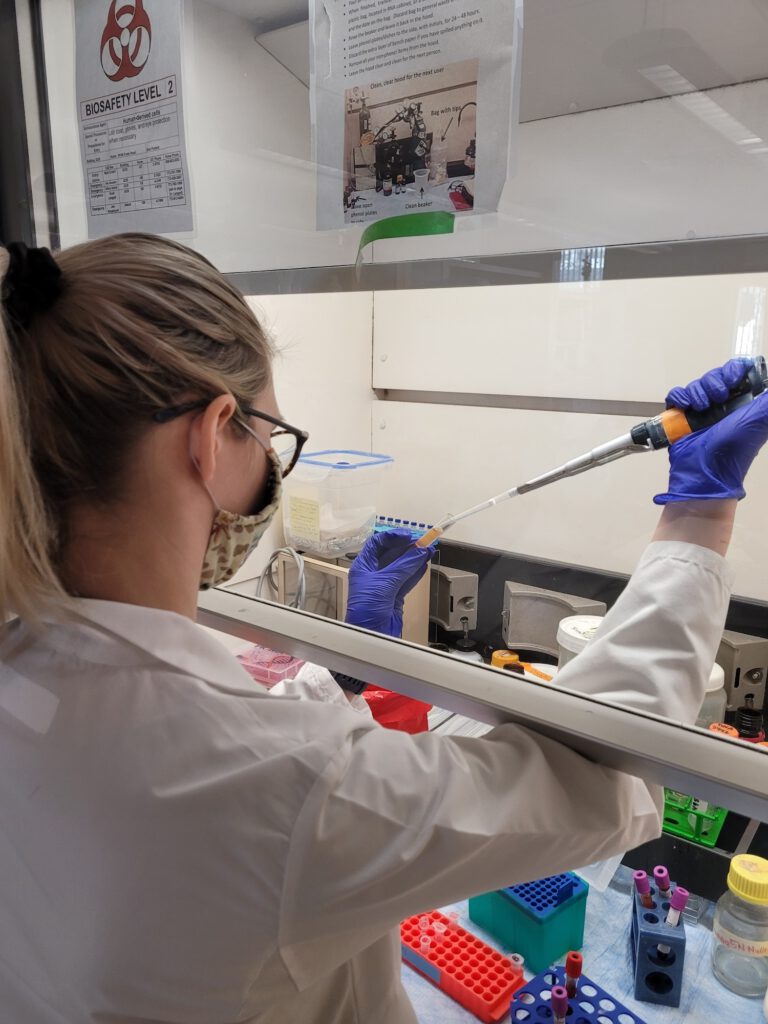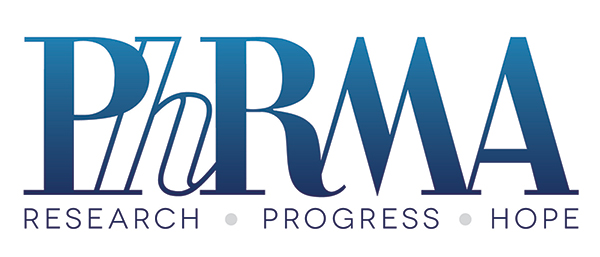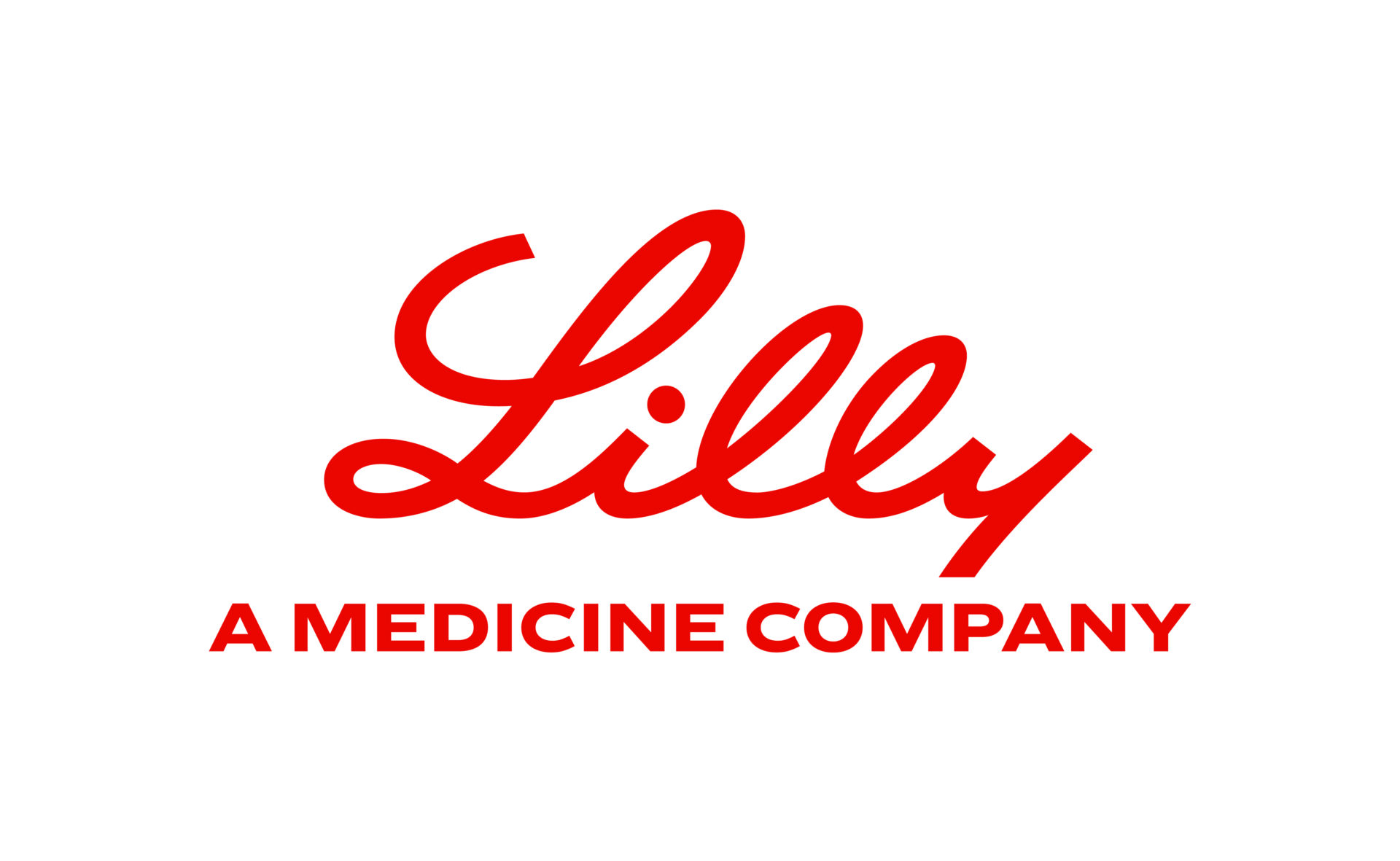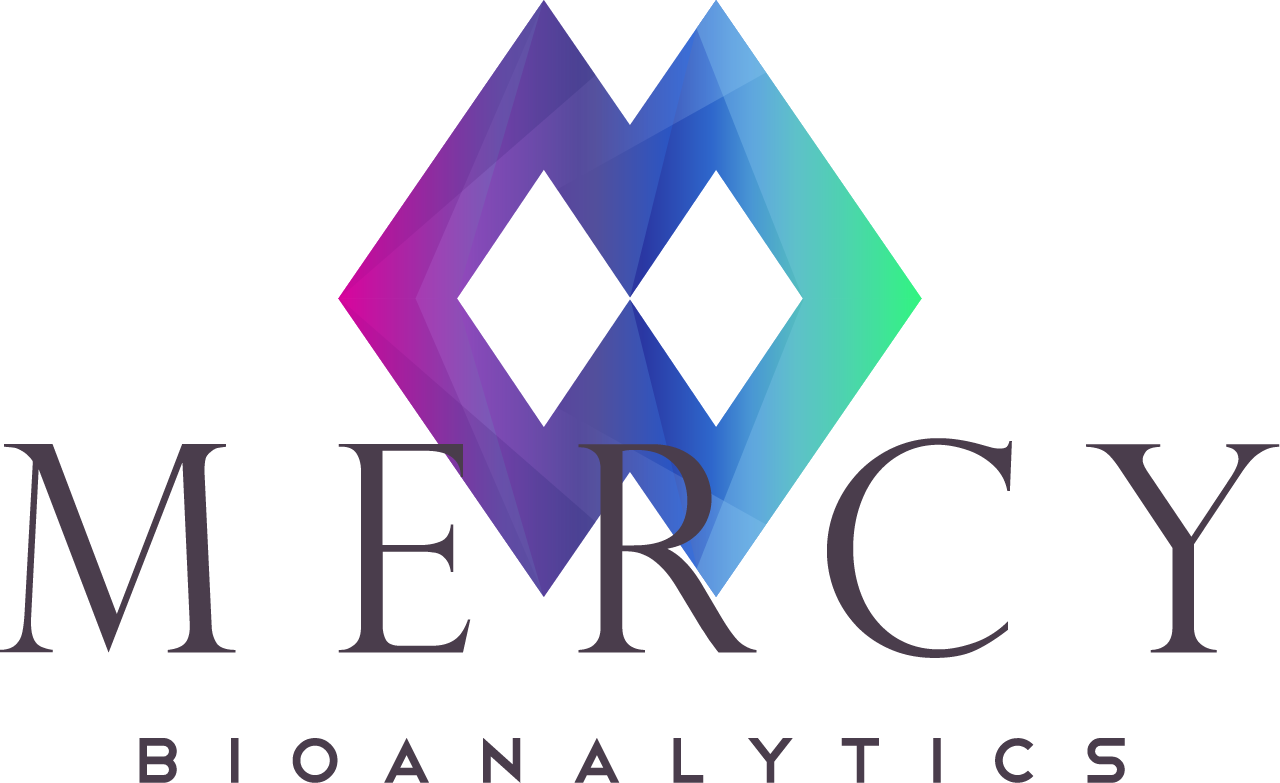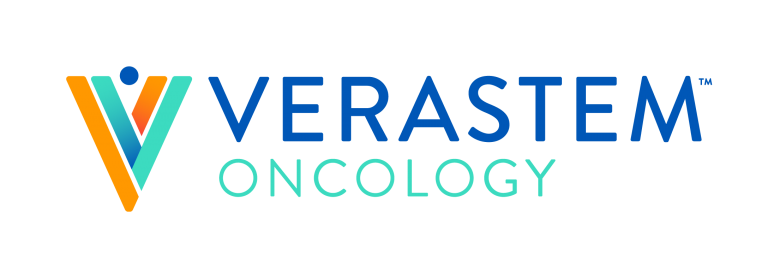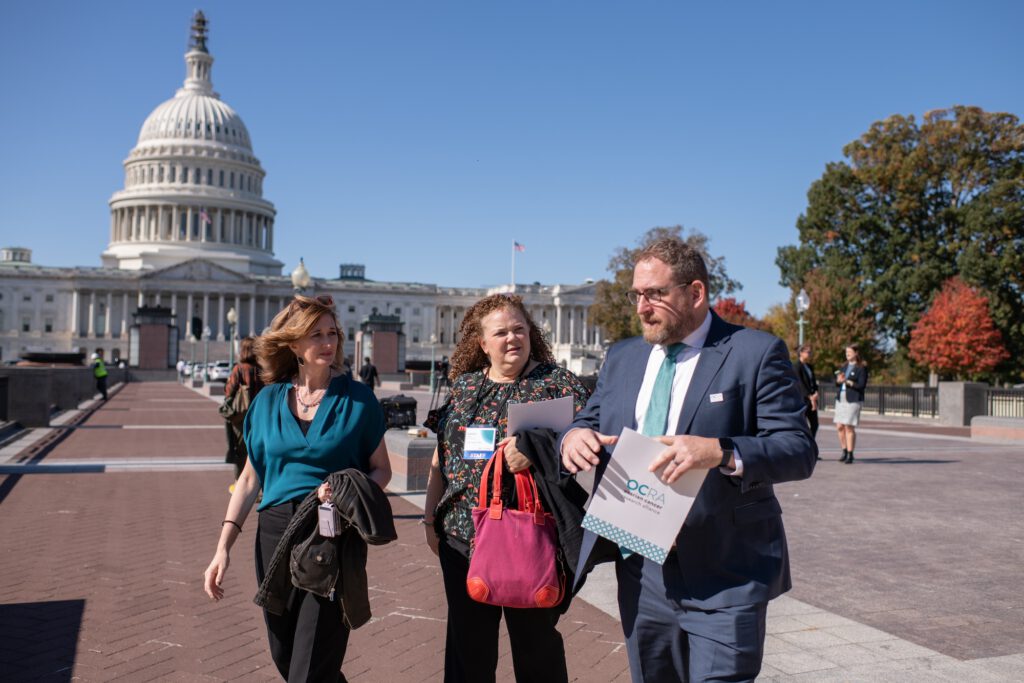
Ovarian Cancer Research Alliance Reports Year of Significant Progress Across Research, Advocacy, and Patient Support
Organization launches global initiatives, expands patient programs, strengthens policy leadership, and achieves record engagement in 2025 OCRA is grateful for our community’s generous support, which helped raise over $2.4 million, surpassing our year-end campaign goal and closing out a year of progress. NEW YORK, NY — [January 13, 2026] — In 2025, Ovarian Cancer Research Alliance (OCRA) delivered … Continued
